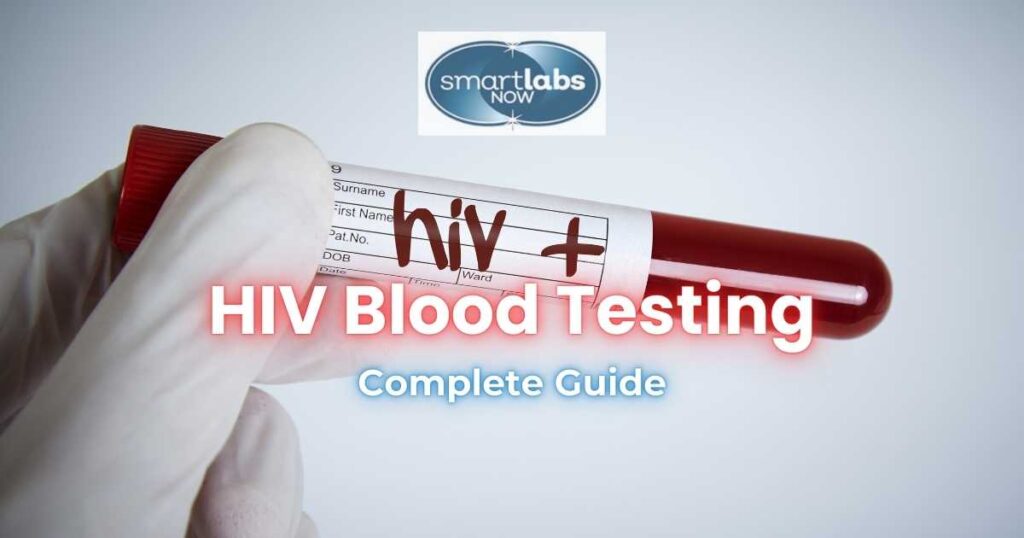
Human Immunodeficiency Virus – HIV – is a virus that attacks the immune system, weakening the body’s defense against infections and diseases. Without timely treatment, it can progress to Acquired Immunodeficiency Syndrome (AIDS), a life-threatening condition. Testing is essential for early detection, prevention, and management of the virus (often sexually transmitted).
This guide provides a comprehensive overview of HIV testing, explaining its importance, types, timing, and procedures.
By the end, you’ll clearly understand why, when, and how to get tested, as well as the privacy and confidentiality protections at Smart Labs Now and other facilities 🙂.

HIV testing is the first step in preventing the spread of the virus and managing your health. Testing allows early diagnosis, critical for initiating antiretroviral therapy (ART). ART reduces the viral load to undetectable levels, preventing virus transmission and delaying the onset of HIV-related illnesses.
Regular testing also helps protect sexual partners, needle-sharing partners, and unborn children from exposure.
Routine HIV testing is recommended for sexually active individuals, especially those who engage in high-risk behaviors such as unprotected sex, multiple partners, or drug use involving shared needles. Knowing your status allows you to take preventive measures, including pre-exposure prophylaxis (PrEP) for those at high risk or post-exposure prophylaxis (PEP) after a potential exposure.
With early treatment, people with the virus can enjoy a near-normal lifespan.
Untreated HIV, however, compromises the immune system, leading to opportunistic infections, a higher risk of sexually transmitted infections (STIs), and increased susceptibility to diseases.

The U.S. Centers for Disease Control and Prevention (CDC) recommends that everyone aged 13 to 64 get tested for HIV at least once as part of routine health care. For those at higher risk—sexually active gay and bisexual men, people with multiple sexual partners, and individuals who inject drugs—testing should be more frequent, ideally every 3 to 6 months.
Pregnant individuals should get tested to prevent perinatal transmission to their babies.
If you’ve had unprotected sex, shared needles, or had a recent STI diagnosis, it’s essential to get tested. Additionally, if you’ve been exposed to HIV through an emergency, you may qualify for PEP, a course of HIV medicines taken within 72 hours of exposure.
The “window period” is the time between virus exposure and when a test can detect it. For most people, HIV antibodies are detectable within 3 to 12 weeks after exposure. Some tests can detect HIV earlier, so it’s crucial to choose the right type of test and test again if needed.
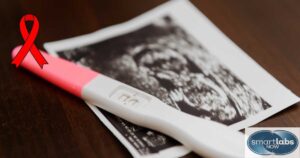
HIV testing is a standard part of prenatal care. If detected early, infected pregnant individuals can take ART to prevent the virus from transmitting to their babies during pregnancy, labor, or breastfeeding. In the absence of ART, the risk of perinatal transmission is significantly higher.
Antenatal clinics routinely offer HIV tests as part of their services, and if positive, a treatment plan is initiated immediately to ensure a healthy pregnancy and delivery.
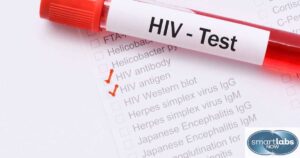
Getting tested for the virus is now more convenient and accessible than ever, thanks to a variety of testing methods that cater to different needs and timelines. Here’s an overview of the key types of HIV tests:
This is the most sensitive option, detecting HIV RNA in the blood as early as 10 to 33 days after exposure. It’s ideal for those seeking early detection.
This test detects both the HIV p24 antigen and antibodies, typically identifying the virus within 18 to 45 days post-exposure. It balances early detection and convenience, making it a common choice in health clinics.
Usually used for rapid testing, this method detects HIV antibodies in blood or oral fluid. It can identify infection 23 to 90 days after exposure and delivers results quickly, often within 30 minutes. However, a positive result should be confirmed with follow-up testing.
HIV testing can be done at various locations, including health clinics, hospitals, and community centers. For those preferring privacy, self-testing kits are available at home, though they are (notoriously) less reliable than clinical tests and may require confirmation through additional testing.
Some tests, such as NAT, require a blood sample, while others, like the antibody test, can use an oral fluid sample.
Clinics like ours provide highly accurate blood-based tests for precise results 🙌.
Regardless of the method, early detection is critical for managing HIV effectively.
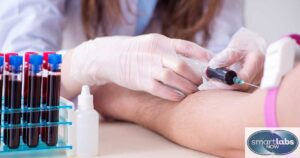
Preparing for an HIV test is simple. If using a blood draw test, ensure you’re well-hydrated and have eaten a light meal to prevent dizziness. For self-tests, carefully follow the kit’s instructions.
If you’re testing at a clinic, a counselor may provide guidance, discuss your risk factors, and help you understand the testing process. Testing is quick, taking just a few minutes, whether it’s a finger stick or oral fluid test.
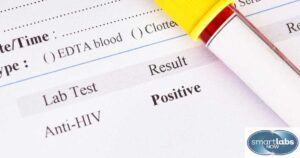
Test results are either negative or positive.
If your result is negative but you were recently exposed, you may be in the window period, and a follow-up test may be necessary. A positive result means starting ART as soon as possible to manage the virus and prevent transmission.
A follow-up NAT or additional testing may be needed if the test is unclear.
A healthcare provider will help you understand your status and outline the next steps, including how to prevent transmission to others.

Standard blood tests, such as those done for general health screenings, do not detect the virus. Specific HIV tests, like the NAT or antigen/antibody tests, are required to detect the virus. Both HIV-1 and HIV-2 can be detected, though specialized tests may be needed for HIV-2, which is less common.
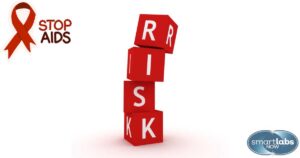
Viral testing is generally safe. However, minor risks exist, such as bruising or discomfort from a blood draw or finger prick. There’s no health risk associated with self-testing kits, though misinterpreting results can cause anxiety.
If you receive a positive result, always seek professional guidance to avoid confusion. Lab testing is generally recommended to avoid false or repeat readings.

HIV testing is confidential, and in many cases, anonymous testing is available. Your test results are protected by law, and healthcare providers must safeguard your identifying information. Some states mandate reporting of positive infection results for public health purposes, but your personal information remains confidential.

In Portland, you can get tested for HIV at clinics, hospitals, and community health centers. Some locations may have long wait times, so it’s best to call ahead. While home testing kits are available, it’s important to use FDA-approved kits and follow up with a healthcare provider if the result is positive. Community programs also offer free or low-cost testing for those in need.
If you’re in the city and want a stress-free, discreet, accurate, and affordable testing experience, call us at (503) 477-7748.

HIV testing is vital for your health and preventing the virus’s spread. Early detection leads to early treatment, which can save lives.
Whether you’re at high risk or want to know your status, getting tested is an empowering step.
Book your test – gain certainty (and early relief).
Please consult your primary care physician before engaging with any pharmaceutical, natural substances, or activity regimens mentioned or prescribed in this post. Smart Labs Now is not responsible for any health or life outcomes resulting from the use of the information or recommendations provided. This account does not serve as a substitute for professional medical advice.